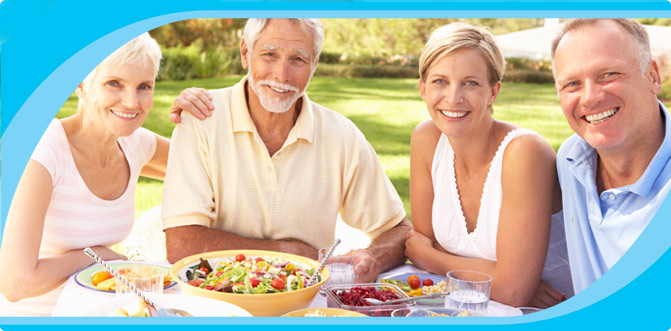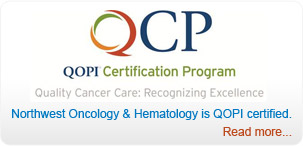Welcome to our health education library. The information shared below is provided to you as an educational and informational source only and is not intended to replace a medical examination or consultation, or medical advice given to you by a physician or medical professional.
Contact us at Northwest Oncology & Hematology. You can reach us at 847.870.4100 (Rolling Meadows office), 847.437.3312 (Elk Grove Village office), 847.885.4100 (Hoffman Estates office), 847.842.0180 (Barrington office) and 847.577.1023 (Elgin office). For your convenience, you can also use our New Patient Appointment online form to schedule your consultation with us.












